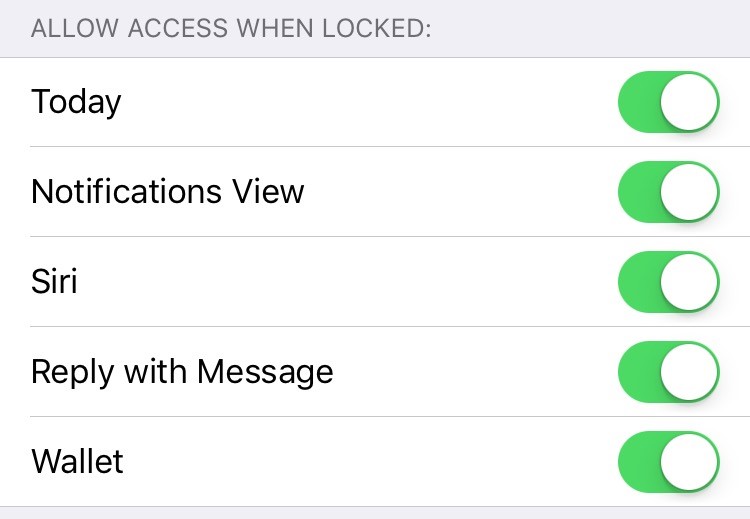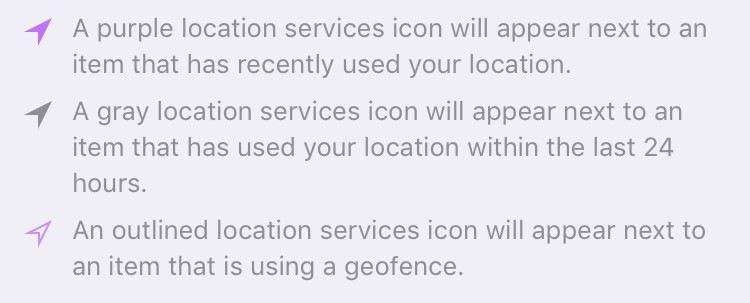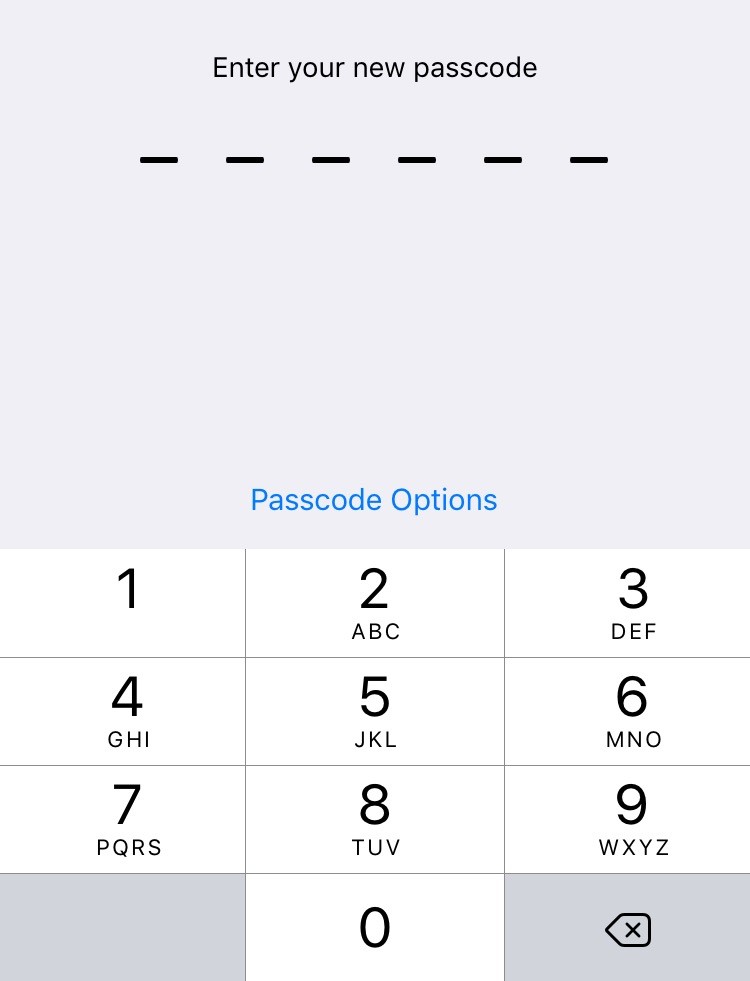Smartphones have become a jack-of-all-trades for many people. These days, your email, wallet, calendar, health information, and computer all fit into one device in your pocket. Consequentially, you are also leaving yourself vulnerable to hackers and thieves who want access to this information. Even with the iPhone’s reputation for security, it doesn’t hurt to take some additional precautions. To protect your data and privacy, follow these easy tips:
Turn on the “Erase Data” feature

If you do not have a passcode enabled on your iPhone, stop reading and add one right now (Settings > Touch ID & Passcode). Enabling a passcode provides a pretty strong defense to your data should your phone end up in the wrong hands, but if you want to add an extra layer of protection, you can enable a data wiping feature that will erase all of the data on your phone after 10 failed attempts to guess the passcode. To turn on this feature, go to Settings > Touch ID & Passcode, where you will be prompted to enter your passcode. Then scroll to the bottom of the page and tap the slider next to “Erase Data” to enable data wiping.
It is strongly recommended that you regularly back up your data to your computer or iCloud account if you intend to use this feature.
Limit lock screen access

The iPhone’s lock screen allows you to view notifications and access important information like your Apple Wallet without a password. Convenient for you, except if your phone gets stolen. To limit what can be seen on the lock screen, go to Settings > Touch ID & Passcode, where you will (again) be prompted to enter your passcode. Toward the bottom of the page, under “Allow Access When Locked,” you will have the option to enable or disable several features.
Limit ad tracking
![]()
To disable Apple’s ability to use your data to provide targeted ads, go to Settings > Privacy, scroll to the bottom of the page, and select “Advertising.” From there, tap the slider to enable “Limit Ad Tracking.”
Turn off location tracking

Certain apps and features rely on knowing where you are, but you can still limit which ones can have access to this information. Go to Settings > Privacy and select “Location Services.” From there, you can select apps and whether to allow location access, or you can select “System Services” at the bottom of the page and disable features such as “Share My Location” and “Frequent Locations.” To disable “Location Services” altogether, simply tap the slider next to “Location Services” so that it isn’t green, but understand that this will limit certain apps’ functionality.
Set a longer passcode

If you still do not have a passcode enabled on your iPhone, PLEASE stop reading and add one. If you do have one, chances are that it’s four or six digits in length. If you want to ramp up your security, it is possible to set a longer passcode. To do so, go to Settings > Touch ID & Passcode, where you will be prompted (again) to enter your passcode. Select “Change Passcode” and enter your passcode again (one last time!). When given the option to enter a new passcode, select “Passcode Options” and from there, you will be able to set a longer passcode.
Maybe some of these steps aren’t entirely necessary, but it doesn’t hurt to err on the side of caution, and you’ll feel a lot more secure knowing that you’ve added extra layers of defense to your data.
Source: TechRepublic
Advertisement
Learn more about Electronic Products Magazine





